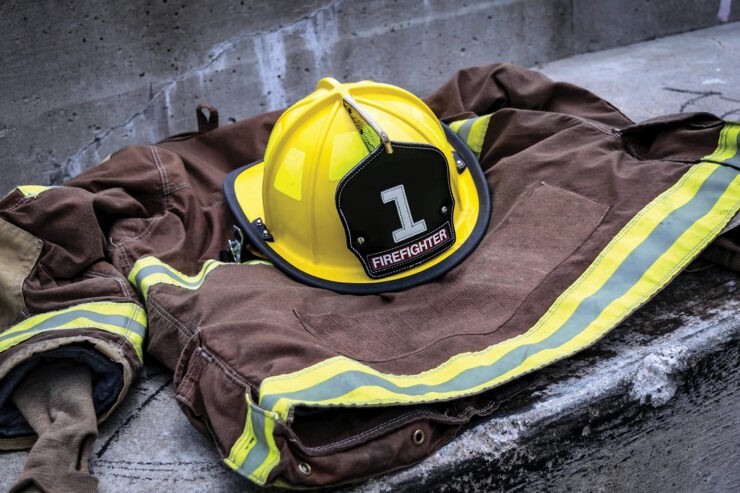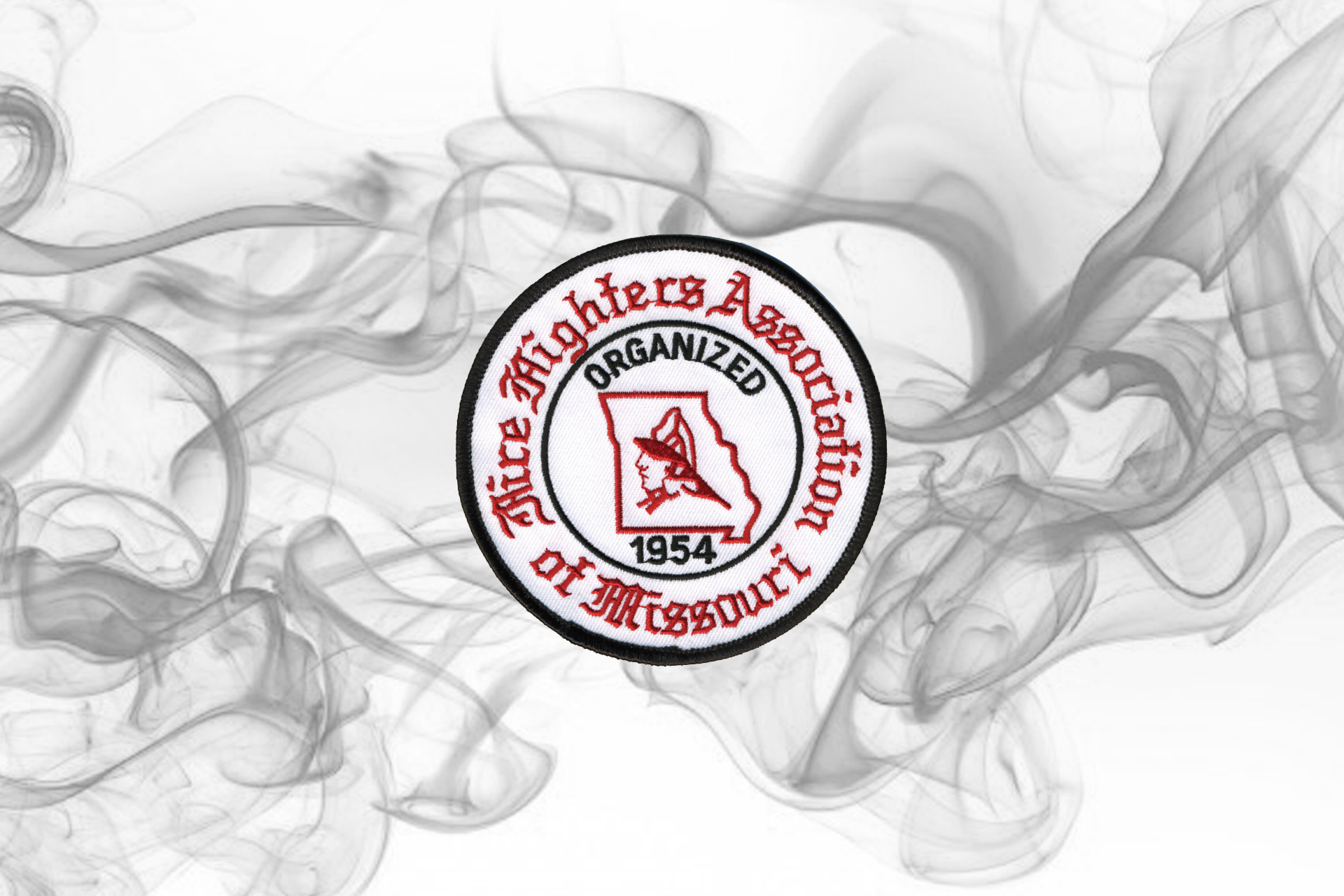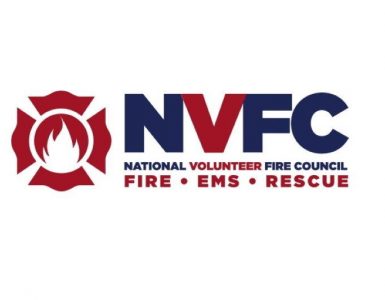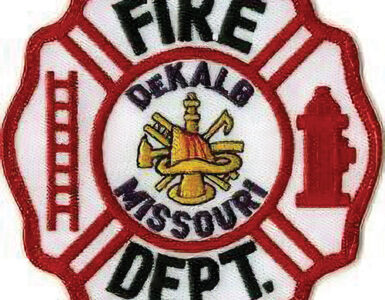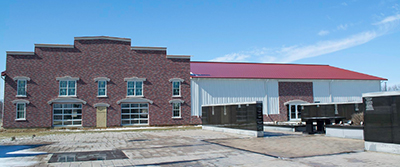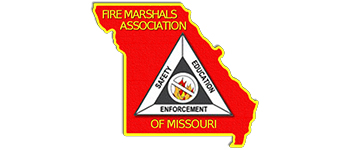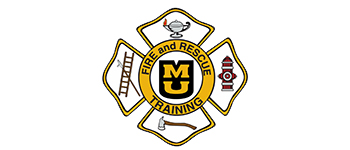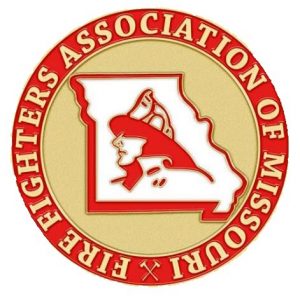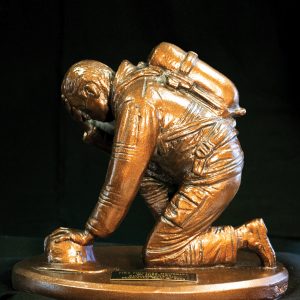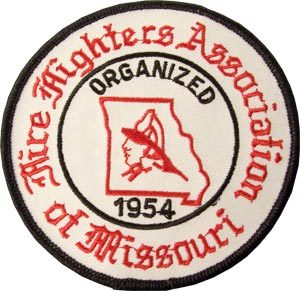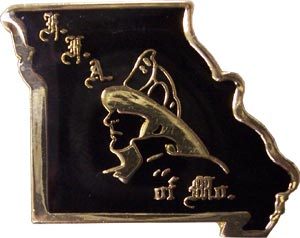While at the fall National Volunteer Fire Council meeting there was a training on just that. I hope that you do start a program because the volunteer part of the fire service could be the backbone of your department.
Hopefully, this article will help to resolve some issues you may be pondering or trying to resolve. First and foremost, I truly believe that a Junior or Cadet program is a very good addition to your department. It works as an outreach program to your community and shows that you are vested in your district and support them. It also adds manpower for your department, especially in the volunteer arena. While a lack of manpower plagues the volunteer departments, cadets can take over some roles and free up firefighters for other duties.
So first how do we get started? You must have department support. This support must be from your governing body down to the last person in your department. Make the case to those persons as to why it is important to have the program. Be prepared and have an overview of the program you want. Have a laid-out plan with guidelines, training, initiatives, rules, and regulations.
Have ready, your expected results of the program and ideas of members that can run this program.
Next up, assess the liability. Check for rules, regulations, and laws that will affect your program. Some department policies may have to be rewritten.
Be prepared and know which ones will be affected to protect the cadets and the department. Consult with your insurance provider to see what they recommend.
It is important to create a waiver of liability for cadets and their parents to sign. Have a consent form also for all parties to sign, including cadets, parents, and fire department authority. The consent form can be different from department to department and would be good for legal counsel to review the document. This seems hard to do but some resources can help with this.
For the program, you will have to establish an age requirement. What age can your department oversee or manage?
This sounds easy enough but take into consideration that you are blending teenagers into a very adult world where they will have to interact regularly with adults. There will be a huge gap in knowledge and experience that must be blended together. The younger you start the simpler and fewer skills-based your training will need to be, simply due to what is considered hazardous work.
This leads to establishing what cadets can or cannot do. Take into consideration your department’s requirements, local and state child labor laws, and insurance requirements. There is a broad range of opinions on what cadets should be allowed to do. Also, some laws limit what they can do. Your program needs to take a firm stand on these parameters and must follow them to protect all parties involved. Your program needs to decide what and how much your cadets can participate.
This can be broken up by age, but all must be documented in your guidelines. Some examples of duties could be not only doing operational activities, but also activities such as fire prevention, fire safety programs, parades, special events, cleaning, and maintenance duties.
The program will have to have established training guidelines in place.
What and how much training are your cadets allowed to do? What class settings are they allowed to sit in? Is your training all class-based, or can they do operational training? Again, check local and state laws that affect this.
Important note that for cadets to do operational training they should always have someone assigned to them for the entire training session and evolutions. This must be a trained and confident person that can work with cadets.
For your program to succeed and meet your needs you must set minimum requirements and expectations for participants. This is a good time to set priorities for your cadets. Cadets need to understand that the fire department is not their priority. They need to participate in all school and family activities before department functions. Stress to your cadets that you want them to succeed in all that they do, and that your program supports them.
Your program should have clear expectations from the start. To do this, start by having an application process for the participants. In this process, you need to identify some important information. Age of participant, school information with grade level demographic information, special interests, and activities they are involved in. Current grades and expectations that grades will be held at a minimum grade point level. If grades are not kept up, then participation in the program will be stopped.
Cadets must have the full support of family or guardians by having them sign a legal consent form. Also, engage the parent or guardian by having them participate when appropriate.
Evaluate the Cadet’s performance in the program and track it. Hold cadets accountable for their actions and use discipline if needed.
As you are setting up your program do you need extra funding or is your department going to assume the cost?
What are some extra costs that you should plan for? Materials – for training, recruitment, and office. Gear – do you have gear and does the gear fill the requirements of the program? Insurance Cost – additional insurance will have to be provided.
Possible funding streams
Can you add a line-item budget for the program and if so, how much will you need? Tuition or participation fees could be set up. Grants – some areas have grant opportunities that could be accessed. Sponsors – are there groups or organizations that could sponsor the program? Fundraisers – to help support the program.
The goal is to establish a successful program without creating a drain on your department’s operating budget. Be responsible and a good warden of your taxpayer’s money.
How to recruit – Where will your cadets come from and how to get the program in front of the participants you are looking for? The first and easiest draw is the children of the firefighters.
Without a doubt, this is the best and easiest draw because they already want to be involved. Use them to promote the program to their peers. Other resources to use are community organizations and clubs, religious organizations, and athletic teams. Try career days or club days at schools. Use social media to attract participants.
Advertise in pertinent areas or boards and groups that cadets are using.
If this works and you get the program started, how do you maintain and keep your cadets engaged? Do this by embracing their lifestyle. They are very electronics savy so you may have to step up your game with electronics in training and everyday life to stay current with them. Be positive with them and their activities both fire-related and other. Participate with them in their activities. Show up at their ball games or other activities. Be a mentor and encourage them to be active in activities other than the fire department. Provide and support life balances with cadets. Show them that while the fire service is very important, it is not the only thing. At this age, they need to experience many other things. Support and encourage them. While supporting all their other interests, keep them engaged and committed to the department. Inclusion is a big factor. Make them feel like they are an important part of your team. To feel like part of the team they need what the team has provided to them with all the appropriate gear they need. Turnouts, gear bags, and department shirts. Anything your department members have or receive should be assessed for cadets also. Involve them with regular duties or assignments. Foster group strength by having outings for them. Brag on them whenever possible. Highlight them as a group or individuals in your community.
Always be supportive, stern, and fair in your program. Retired Battalion Chief Larry Holloman of Winston Salem Fire Department stated, “You have three things to do: 1 – train ‘em, 2 – love ‘em, 3 – trust ‘em”.
If you are thinking about starting a Junior Fire Fighter/Cadet program, I hope this helps you and that you can get a program started. It can be very rewarding for you and those that participate.
I have been involved in the junior program in our department for many years and have many success stories. To say it has been rewarding to me personally would be an understatement.
Any information from this article can also be provided to you in PowerPoint format. If there is anything else that I can do to help you start or strengthen your program, please do not hesitate to call me at 573-473-0972 or email me at roberdel@ktis.net.


